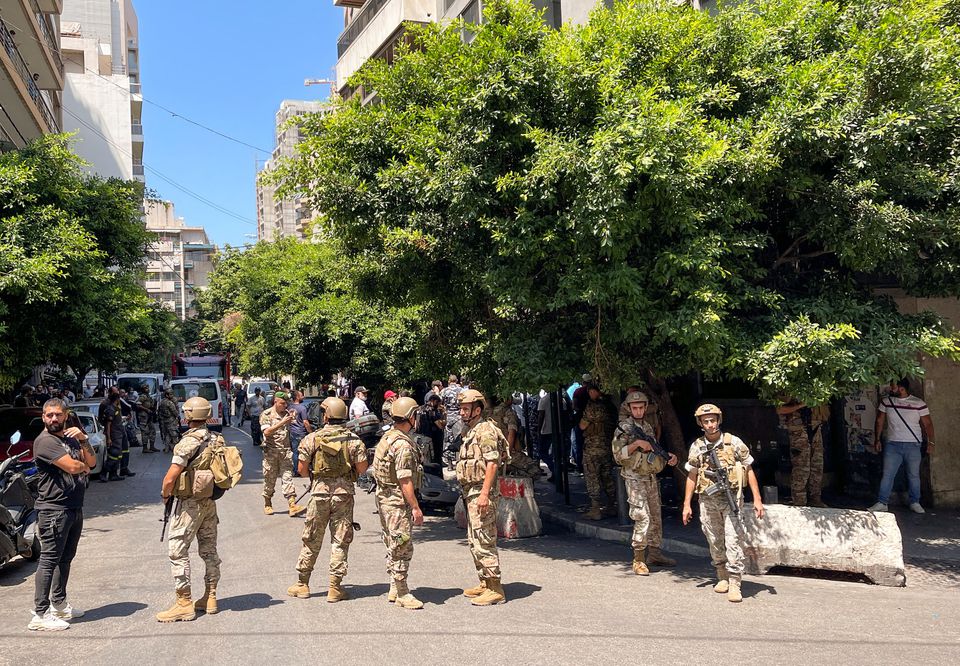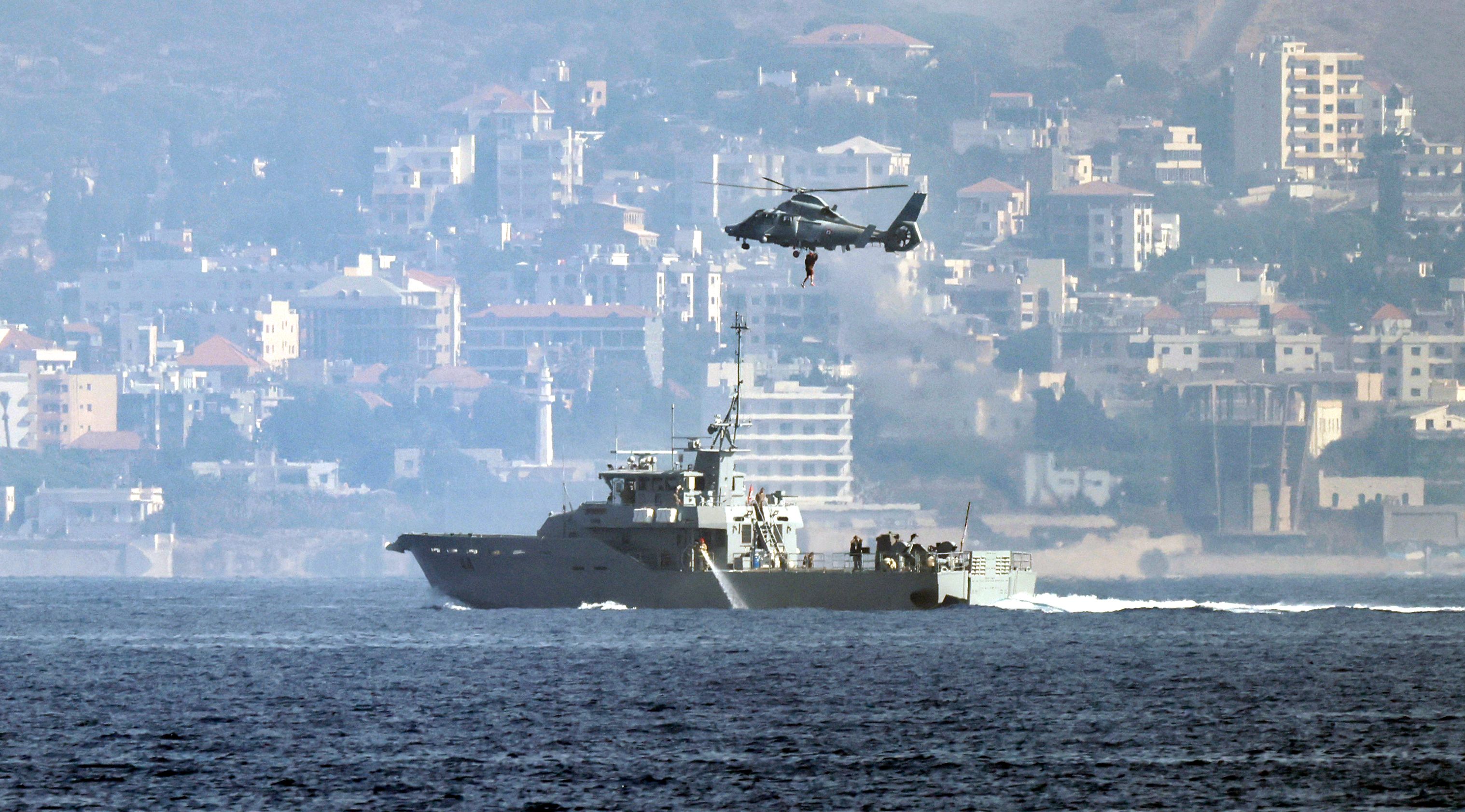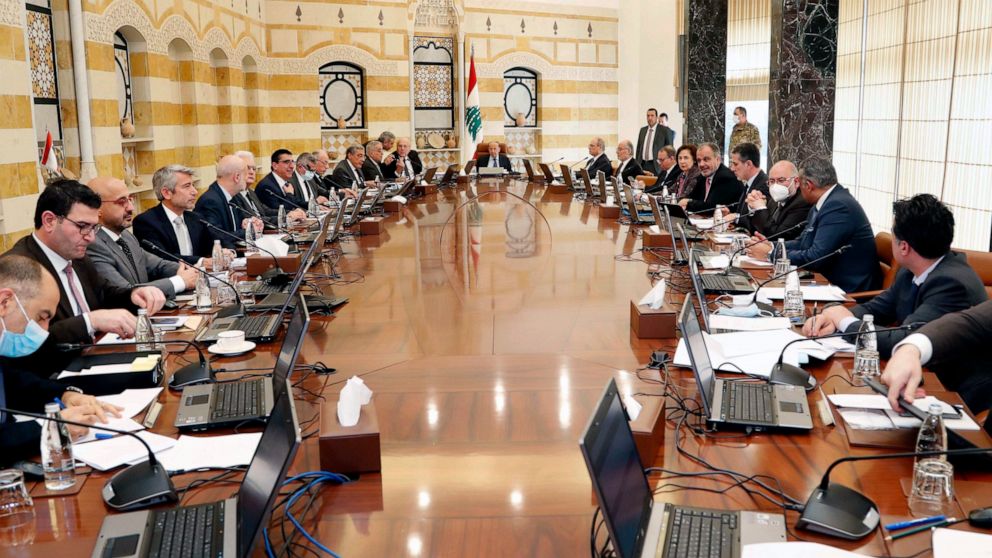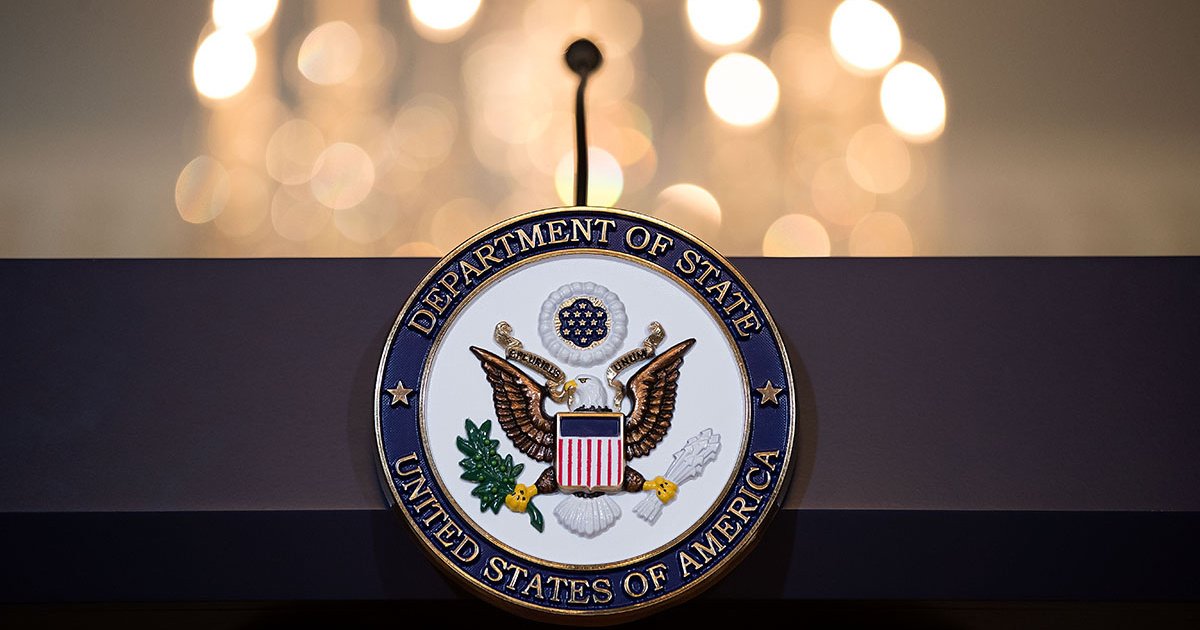
سجعان قزي
@AzziSejean
لكي نَتمكّنَ من انتخابِ رئيسِ جُمهوريّةٍ لا يُشكِّلُ تحديًّا لأحدٍ يجب أن نختارَ مبدئيًّا رئيسًا من خارجِ المشروعَين السياسيّين اللذين يَشطُران لبنان ويُقسّمانِه عَمُوديًّا وأفْقيًّا. إذ أيُّ مرشَّحٍ حياديِّ يَملِكُ الشَجاعةَ والقُدرةَ على حكمِ الدولةِ اللبنانيّةِ ما لم يَتمّ التوافقُ عليه بين المشروعَين اللذين لا يلتقيان دون هزيمةِ أحدهما؟ في المنطقِ ذاتِه: “المرشَّحُ الحياديُّ” هو مرشَّحُ تحدٍ أيضًا، بحيثُ سيَعتَبره أركانُ المشروعَين تحدّيًا لهم ونُكْرانًا لصِفاتِـهم التمثيليّة. وإذا ما تراجعَ الرئيسُ الجديدُ عن موقعِه الحياديِّ والتَحَق بأحد المشروعين صار فريقًا، فهل يستطيعُ أن يَحكمَ البلادَ ضِدَّ المشروعِ الفارسيِّ/السوريِّ ذي الامتدادِ اللبنانيّ، أو ضِدَّ المشروعِ الخليجيٍّ/الأميركيِّ ذي الامتداد اللبناني كذلك؟ في هذه الحالةِ لا يعودُ هناك فرقٌ بين مرشَّحِ التحدي المختارِ أصلًا من أحدِ المشروعَين ومرشَّحِ “اللاتحدّي” الـمُنضوي لاحقًا إلى أحدِ المشروعَين.
الّذين يُطالبون، عن حسنِ نيّةٍ، برئيسٍ لا يُشكِّلُ بالمطلقِ تَحدّيًا لأحدٍ، يراهنون على بقاءِ الرئيسِ الجديد خارجَ المحاورِ وفوقَها ليكونَ عَرّابَ المصالحةِ الوطنيّةِ أكثرَ من رئيسِ الجمهوريّة. لكنَّ حَسَنيَّ النيّةِ فاتَهم أنْ لا مصالحةَ لبنانيّةً قبلَ مصالحةِ محاورِ الشرقِ الأوسط، أو بموازاتِها، أو قبل انسحابِ اللبنانيّين من المحاورِ الإقليميّةِ، أو حسمِ موازينِ القوى في ضوءِ نظامٍ عالَميٍّ يبحث عن استقرار بعدما أخْفقَ نظامُ ما بعدَ سقوطِ جِدارِ برلين (09 تشرين الثاني 1989). وما يُثيرُ المخاوفَ هو أنْ تؤثّــرَ تعقيداتُ الـمِنطـقةِ وحروبُـها وتسوياتُـها على الوضعِ اللبناني، لاسيّما أنها في مرحلةٍ جديدةٍ بدأت بارتباكِ مفاوضاتِ ڤيينا حولَ الـمَلفِ النوويّ الإيرانيِّ، بتَعثّرِ الهجومِ الروسيِّ في أوكرانيا وتهديدِ بوتين “باستعمالِ السلاحِ النوويِّ لحمايةِ شعبه”، بانتصارِ اليمينِ القوميِّ في إيطاليا، بزعزعةِ الوِحدةِ الأوروبيّةِ، بالانتفاضةِ النِسويّةِ الإيرانيّةِ ضد تَعسّفِ النظامِ بخاصةٍ ضّدَ المرأةِ هذه المرّة، بالاضطراباتِ المتجدّدةِ في العراق، باستدارةِ تركيا نحو إسرائيل وسوريا، بانتشار همجيّةِ طالبان في أفغانستان، وبنجاحِ التطبيعِ العربيِّ/الإسرائيليّ. لقد باتت مصالحةُ اليهودِ والمسلِمين سهلةً أكثرَ من مصالحةِ المسلمِين الفرس والمسلمِين العرب.








